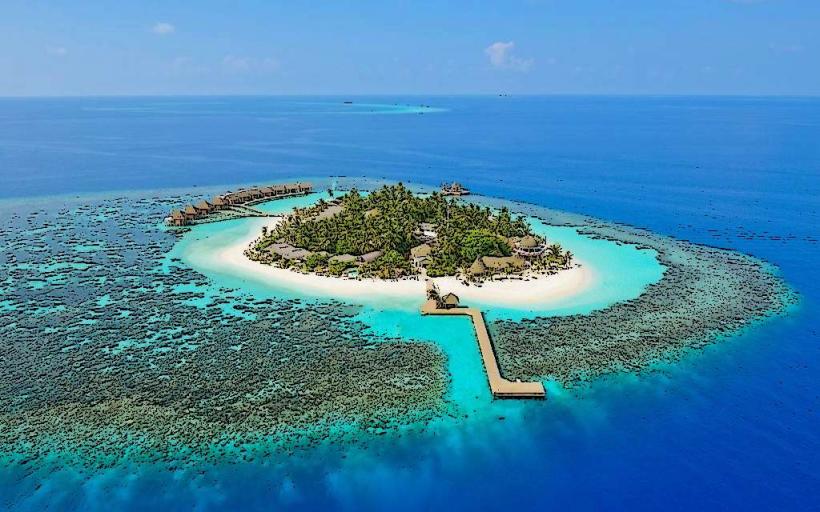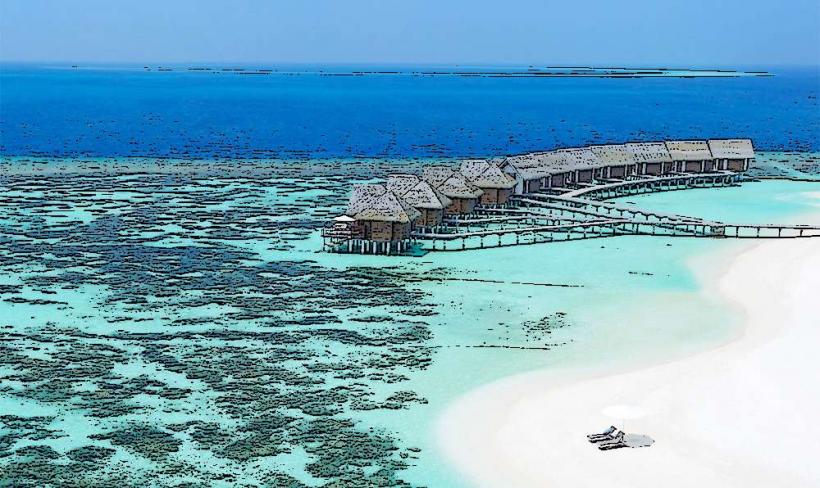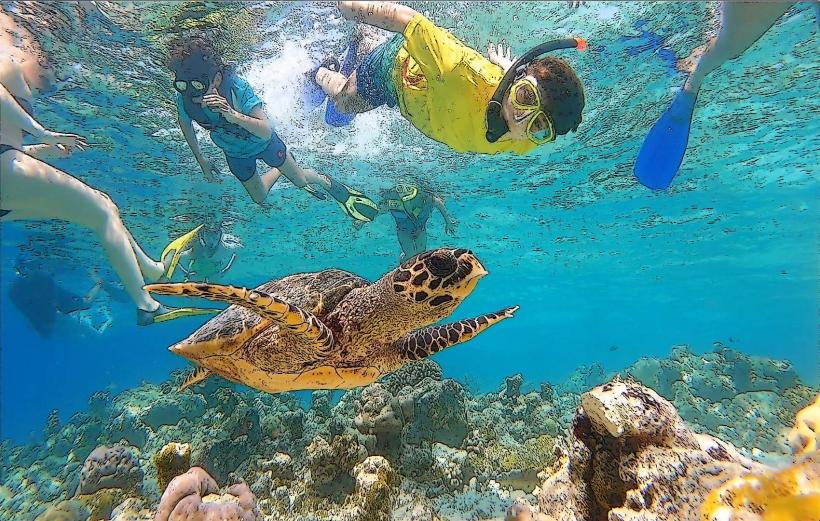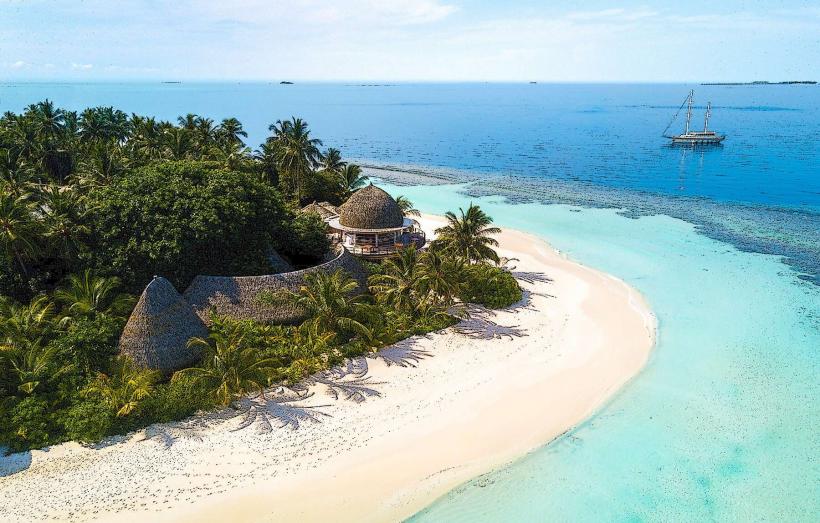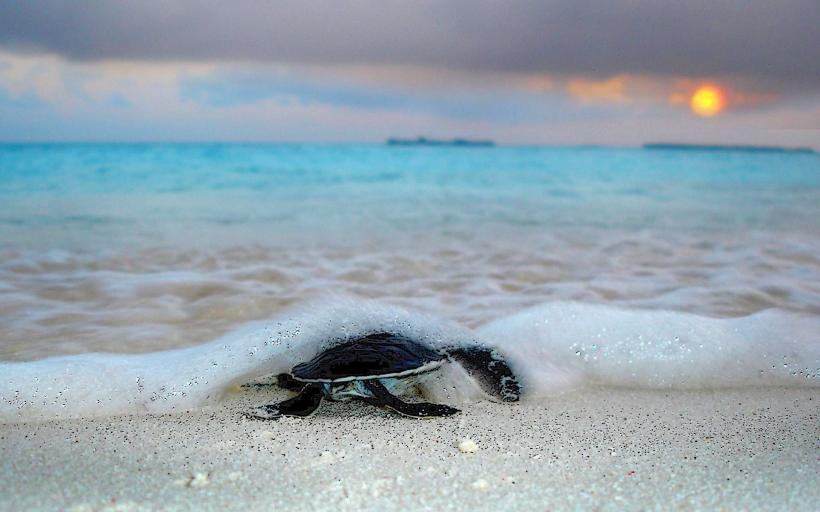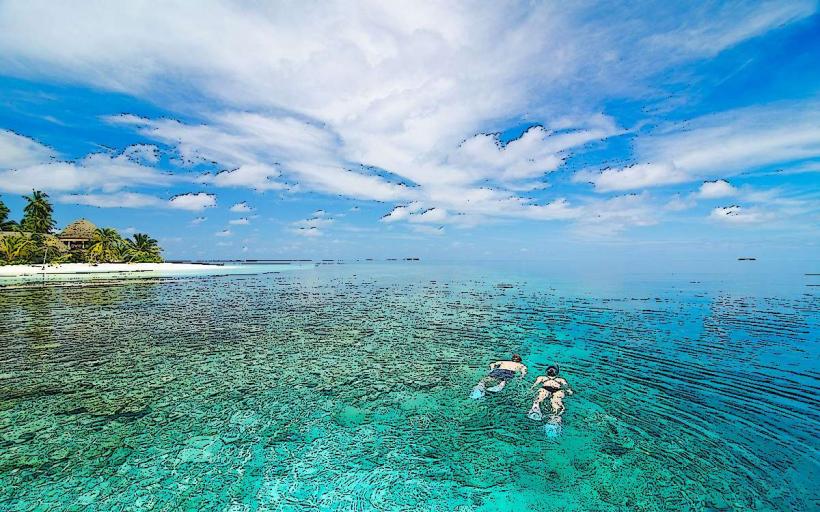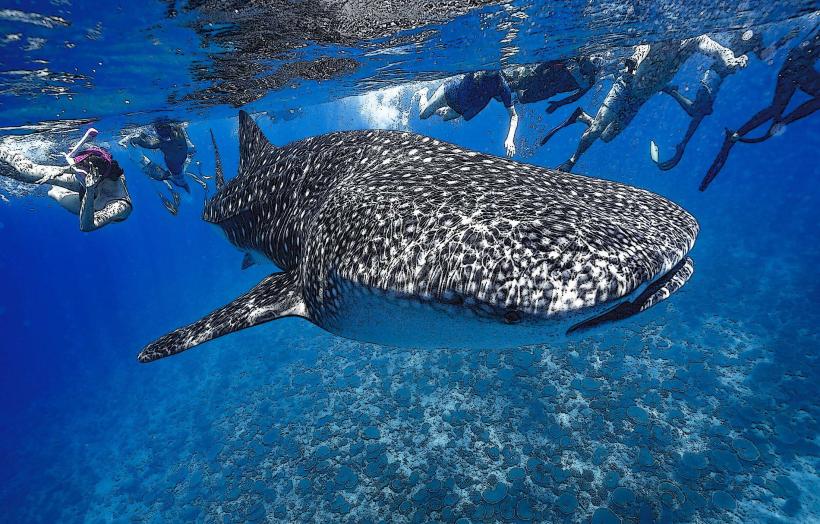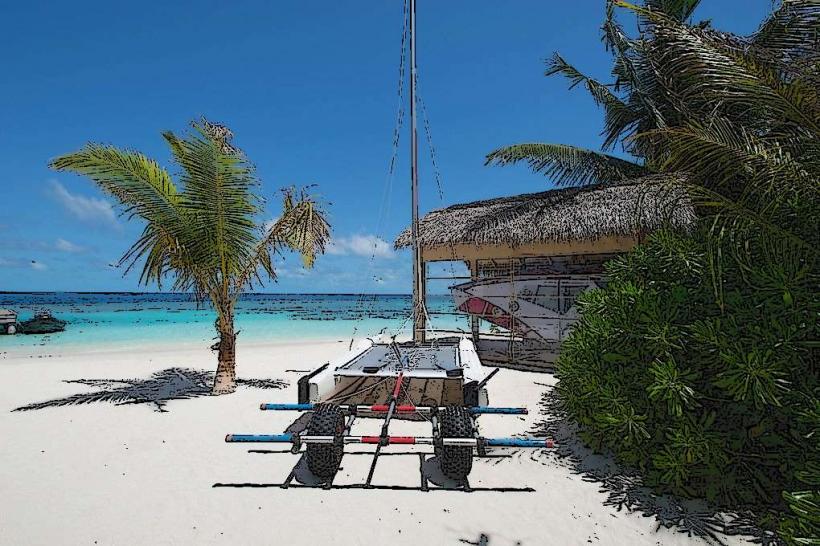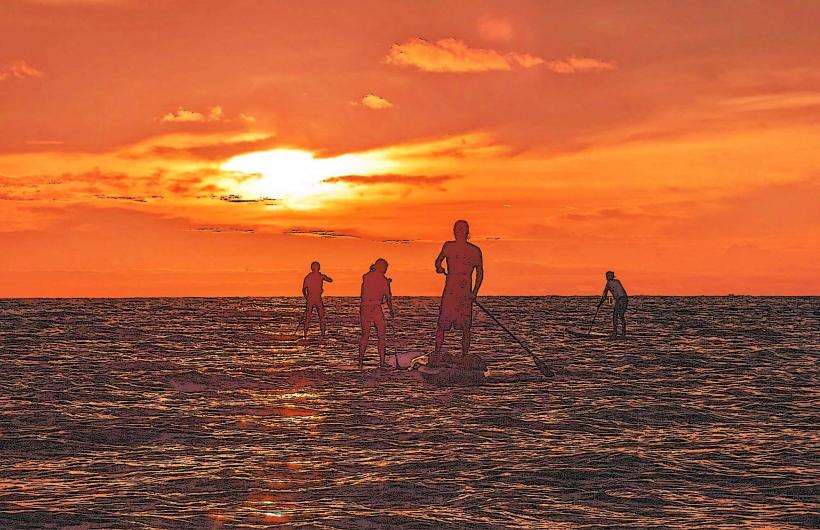Information
Landmark: Maldives Coral GardenCity: Kandolhu Island
Country: Maldives
Continent: Asia
The Maldives Coral Garden is one of the most famous and vibrant coral reef ecosystems in the world. Located throughout the archipelago, which is made up of over 1,000 islands, the Maldives offers an array of coral gardens that are home to some of the most biodiverse marine life on the planet. These coral gardens are not only critical to the overall health of the marine ecosystem but also serve as a major attraction for tourists, divers, and snorkelers.
Key Features of the Maldives Coral Garden:
1. Diverse Marine Life:
- The Maldives Coral Gardens are home to an incredible variety of marine species, making them a top destination for marine enthusiasts. These gardens support vibrant fish populations, including parrotfish, angelfish, butterflyfish, surgeonfish, and wrasse.
- Visitors can also encounter larger marine creatures such as sea turtles, reef sharks, stingrays, and manta rays, all of which make the coral gardens of the Maldives a haven for underwater exploration.
2. Coral Species:
- The Maldives is home to over 200 species of corals, both hard (stony) and soft corals, which together form the structure of these underwater gardens. Common hard corals found in the Maldives include brain corals, table corals, and staghorn corals.
- The soft corals, such as gorgonians, sea fans, and leather corals, add a stunning variety of textures and colors to the gardens, creating a beautiful and diverse environment.
- The colors of the coral gardens, ranging from vibrant pinks, purples, oranges, and blues, are not only visually striking but also important indicators of the health of the reefs. Healthy corals exhibit rich colors, while stressed corals often appear bleached or pale.
3. Best Locations for Coral Gardens:
- North and South Ari Atolls: These areas are home to some of the most popular and accessible coral gardens in the Maldives. The Ari Atoll is renowned for its stunning coral reefs and abundant marine life, making it a top destination for divers and snorkelers.
- Baa Atoll: This UNESCO Biosphere Reserve is another exceptional location known for its pristine coral gardens and diverse marine species, including manta rays and sea turtles.
- Vaavu Atoll: Known for its beautiful coral reefs and remote islands, this atoll offers some of the Maldives' most tranquil and biodiverse coral gardens.
- Addu Atoll: Located in the southernmost part of the Maldives, Addu Atoll features some of the most diverse coral gardens in the region, with unique species of corals and fish.
4. Snorkeling and Scuba Diving:
- The Maldives is considered one of the best places in the world for snorkeling and scuba diving due to its crystal-clear waters and abundance of healthy coral gardens. The shallow, warm waters provide excellent visibility for both activities.
- Coral gardens are easily accessible from most resorts in the Maldives, allowing guests to explore the vibrant underwater world directly from the beach or with a short boat ride to nearby dive sites.
- Popular dive sites near coral gardens in the Maldives include Maaya Thila, Fish Head, and Broken Rock, where divers can see an array of marine species living among the corals.
- Snorkelers can enjoy the coral gardens in shallow waters near the shore, where they can explore the reef systems and see colorful fish, sea turtles, and other marine life without needing to dive deep.
5. Ecological Importance:
- The coral gardens of the Maldives are integral to the health of the region's marine ecosystem. They provide shelter and food for a wide variety of marine species, from small fish to larger predators.
- Coral reefs also act as natural barriers that protect the Maldives' islands from the effects of storms and waves. This role is especially important in the face of rising sea levels due to climate change.
- The coral gardens play a significant role in carbon sequestration, helping to absorb carbon dioxide from the atmosphere and contribute to the overall health of the planet's oceans.
6. Threats to the Maldives Coral Gardens:
- Coral Bleaching: One of the primary threats to the Maldives' coral gardens is coral bleaching, which occurs when corals expel the algae living in their tissues due to stress factors such as rising sea temperatures. This results in the corals turning white and becoming more vulnerable to disease.
- Overfishing and Destructive Fishing Practices: Overfishing and the use of harmful fishing techniques, such as blast fishing and cyanide fishing, can damage coral reefs and disrupt the ecosystem.
- Pollution: The Maldives' coral gardens are also at risk from plastic waste, chemical runoff, and oil spills, which can degrade the water quality and harm marine life.
- Coastal Development: The rapid development of resorts, islands, and infrastructure along the Maldives' coasts can lead to sedimentation, which can smother corals and block sunlight from reaching the reefs.
7. Conservation Efforts:
- Several marine conservation programs are in place to protect the coral gardens of the Maldives, including marine protected areas (MPAs), coral restoration projects, and efforts to reduce pollution and overfishing.
- The Maldives has made significant strides in coral conservation, with many resorts and dive centers actively participating in coral planting and reef monitoring programs to help regenerate damaged coral reefs and encourage sustainable tourism.
- Organizations such as the Maldives Coral Institute and The Maldives Marine Conservation Society work with local communities and international partners to raise awareness about the importance of preserving these delicate ecosystems.
8. Tourism and Sustainable Practices:
- Eco-friendly tourism has become a priority in the Maldives, with many resorts promoting sustainable practices to protect coral gardens. This includes educating guests about the importance of coral reefs, limiting the use of harmful chemicals, and promoting responsible snorkeling and diving practices.
- Some resorts also participate in coral restoration programs, where guests can help plant coral fragments or participate in guided tours to learn more about reef ecosystems and the efforts to protect them.
Conclusion:
The Maldives Coral Gardens are a stunning natural wonder, offering some of the most beautiful and biodiverse underwater ecosystems in the world. They provide vital ecological services, such as protecting coastlines and supporting marine life, and attract visitors from around the globe for their crystal-clear waters and vibrant coral species. While these coral gardens face various threats, significant conservation efforts are underway to ensure their protection for future generations. The Maldives remains a premier destination for snorkelers, divers, and marine conservationists, who continue to marvel at the beauty and fragility of these coral ecosystems.

